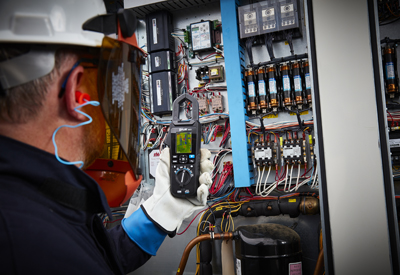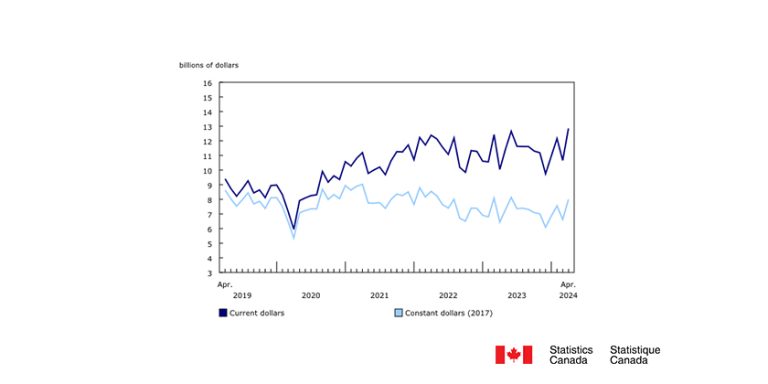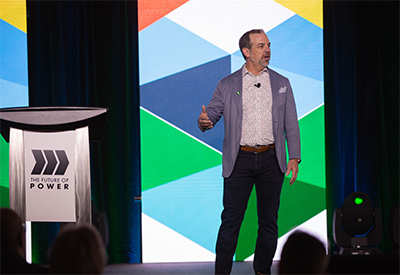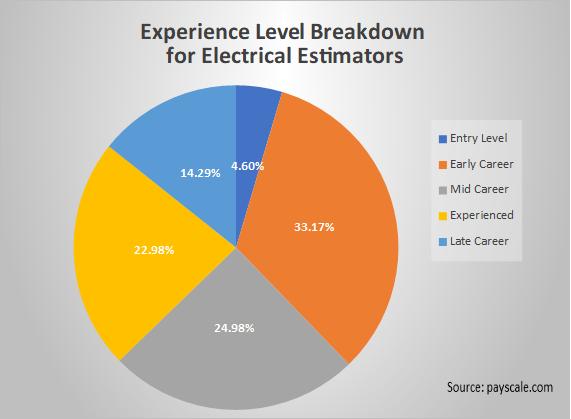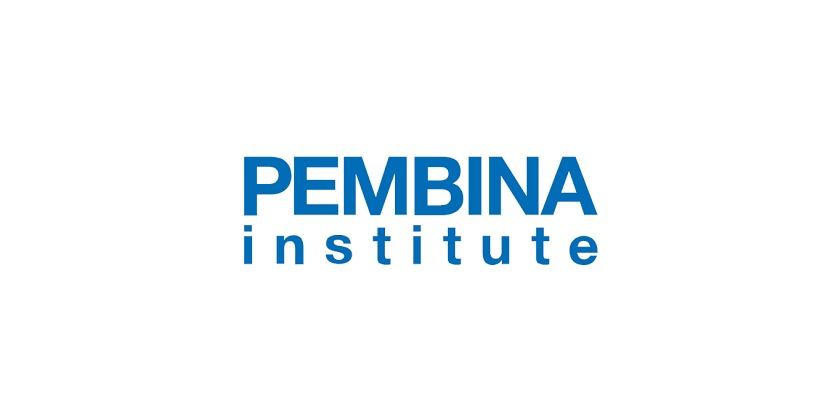Welcome to the Age of Disruption

Feb 14, 2020
By Michelle Branigan
We are in an Age of Disruption. Extant and emerging technologies are driving significant evolution in the way work is done across all sectors of Canada’s economy and no industry, including electricity, will be immune.
Think of the technologies and businesses that have changed the way we live, work and connect with each other. Uber. Airbnb. Spotify. Facebook. Twitter. Duolingo. The list is long and what’s fascinating is that these are companies that did not exist 20 years ago. Yet these are common words in our lexicon today. For those of us who still miss Blockbuster (okay, guilty), it has been a sometimes jarring experience to see long established giants go by the wayside due to their failure to innovate.
In the electricity sector smart grids, cyber security, privacy concerns, automation, carbon capture and storage, and the electrification of transportation are just a few drivers and technologies that are reshaping the industry’s landscape and moving the goalposts for workforce development at the same time.
While automation and artificial intelligence (AI) may eliminate very few occupations completely in the next decade, it will affect portions of almost all jobs to a greater or lesser degree, depending on the type of work they entail and the variability of tasks.
Anticipating the impacts of these changes is not always easy, be it as an employer, an educator or a policy maker. But it is vital that employers — and employees — are aware of how these changes will affect the demand for workers in the sector, how jobs will be impacted and the skills profiles and training requirements of future workers in the sector. We know from our research that the electricity sector of tomorrow will require workers with strong digital and data analysis skills. Yet according to EHRC’s latest report, [IT]Work Transformed[IT], most workers in the sector have only slightly or somewhat developed digital skills. Whether their jobs will be displaced or transformed by technology, workers will require some new training or upskilling to adapt to new requirements. Although many people are concerned that jobs will disappear as a result of automation and AI (and in some cases they will), the reality is that some innovations will create entirely new jobs that did not exist before.
Both employers and employees have a role in ensuring workers have the skills need to succeed. Organizations need to be prepared to adapt the change, and that means asking questions about organizational structure, competition and their willingness to innovate. Nobody wants to be the next Kodak.
Are you ready? Here are some of the question you need to ask yourself:
- What are the technological changes that will affect my sector?
- What will be the effect of these changes?
- How will new technologies change labour demand? Will I be able to access the workforce I need? Do I need to invest in training for my current workforce? What are their specific skills and how will they need to evolve? How do I compete for top talent?
- When are these changes expected to occur?
- What is my skill set? Will I be impacted in my role as a result of new tech brought into the company? Am I ready to upskill or retrain?
While there is still much debate in this industry as to how quickly the sector will evolve, I would position that the time to act is now. Waiting to see how things will “play out” is not an option. As Geoffrey Chaucer so sagely wrote, “Time and tide wait for no man.” Let’s add technology to that list.
Michelle Branigan is CEO, Electricity Human Resources Canada.




